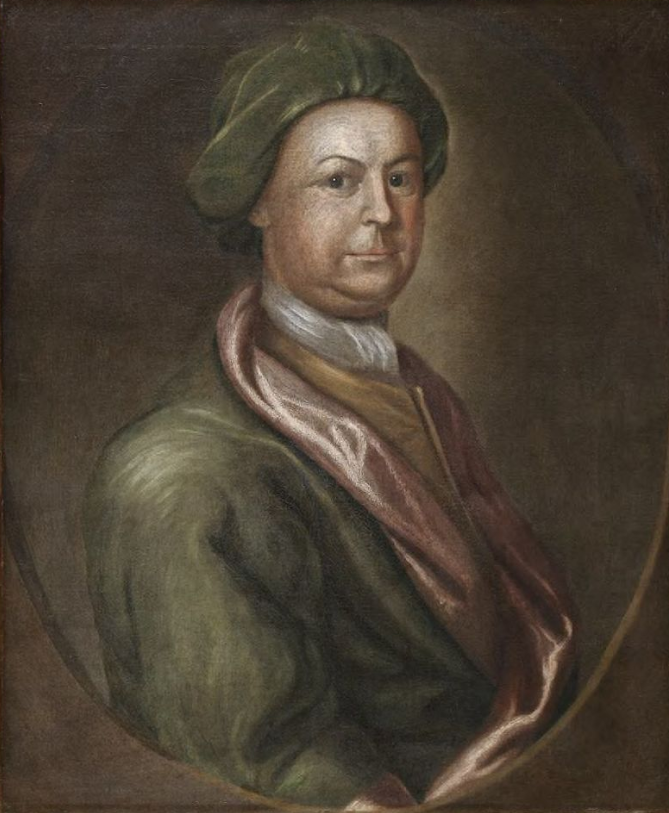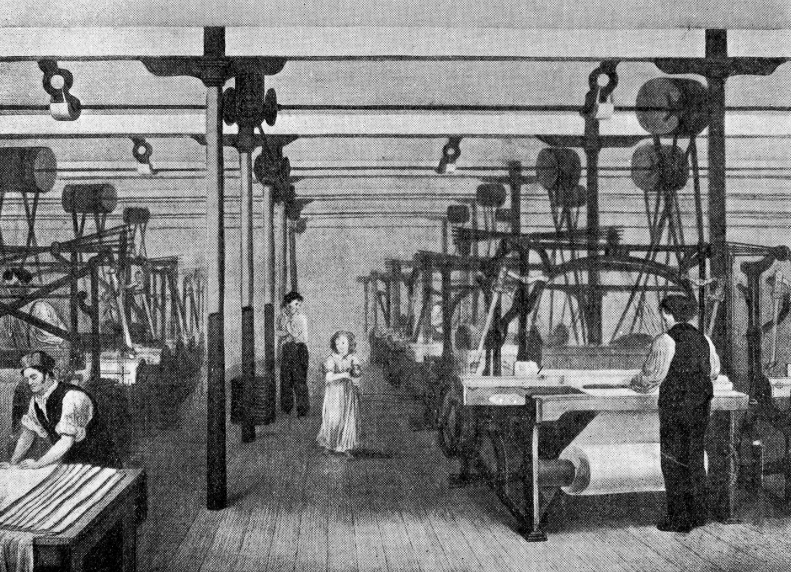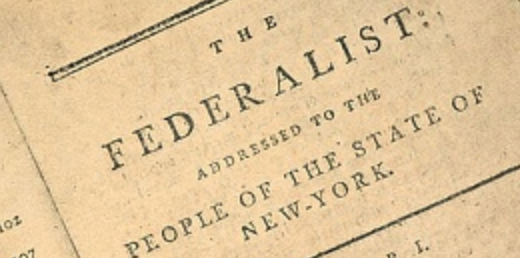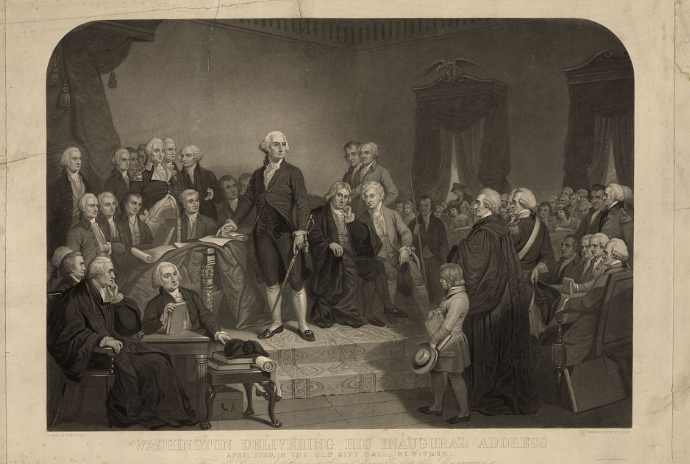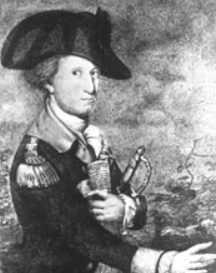From Prison to Congress - The Patriotism of James Lovell
I came across James Lovell while studying the unfair treatment of Silas Deane, though today’s article does not touch upon that subject
Instead, we look at Lovell’s interesting story at the outset of the American Revolution. It turns out that James was an early and long-serving prisoner of the British…taken captive immediately after the Battle of Bunker Hill.
I’d also like to thank J. L. Bell for confirming certain parts of this tale.
Caught
Joseph Warren was dead.
He was martyred on Bunker Hill.
Before mutilating his body, the Redcoats searched his person and found letters from James Lovell. These letters indicated that Lovell had been passing information from Boston to the Patriots.
James was soon taken into custody by the British and held in prison.
James Lovell
James Lovell was a teacher at the Boston Latin School, an institution in which his father had been headmaster for almost four decades. However, James had parted ways with his Loyalist father when he joined the rebels.
Lovell was held prisoner for the entire duration of the Siege of Boston. When the British evacuated the city, he was taken with them.
When he was finally exchanged in November of 1776, James had been a prisoner for a year and a half.
Continental Congressman
Fortunately, Lovell’s earlier contributions were not forgotten, and he was quickly elected to the Continental Congress.
Though independence had already been declared, there was still much work to be done.
James Lovell helped the young nation organize its new government. He was one of the honored few to sign the Articles of Confederation.
Foreign Affairs
James became one of the most important members of the Committee of Foreign Correspondence. The Committee acted much like a Secretary of State as it was responsible for keeping track of America’s foreign ministers.
During this time, Lovell also created ciphers (AKA secret codes) so that he could contact his overseas colleagues without fear of the British intercepting these letters.
Unfortunately, these ciphers were way, way, way too good. Both Benjamin Franklin and John Adams filed complaints regarding these letters. Apparently, they just could not determine what Lovell was trying to communicate to them.
Replace Washington?
Lovell’s time in Congress was not without its controversy.
During some of the more strenuous times of the Revolutionary War, several Delegates began to question if General Washington was really the man for the job and wondered aloud if Horatio Gates should not replace him.
Lovell was one of these men.
It seems that these opinions did not affect the relationship between Washington and Lovell. When the new government was created under the US Constitution, Washington appointed Lovell as Port Collector for Boston.
James continued in this much sought after and very lucrative position for the next 25 years until his death.
Several Articles Signers actually spent time in prison during the Revolutionary War.
Check them out here:
Thomas Heyward Jr. - Songwriting Prisoner
Henry Laurens Goes to the Tower of London
Robert Morris - The Founding Father We’re Supposed to Know
Want to get fun American Revolution articles straight to your inbox every morning?
Subscribe to my email list here.
You can also support this site on Patreon by clicking here.
The politics of the American Revolution in France are extremely interesting.
‘Unlikely Allies’ is one of my favorite books and, though Lovell is not a main character, it goes into detail about much of the issues facing the Committee on Foreign Correspondence.
If you’d like a copy you can pick one up through the Amazon affiliate link below (you’ll support this site, but don’t worry, Amazon pays me while your price stays the same).
